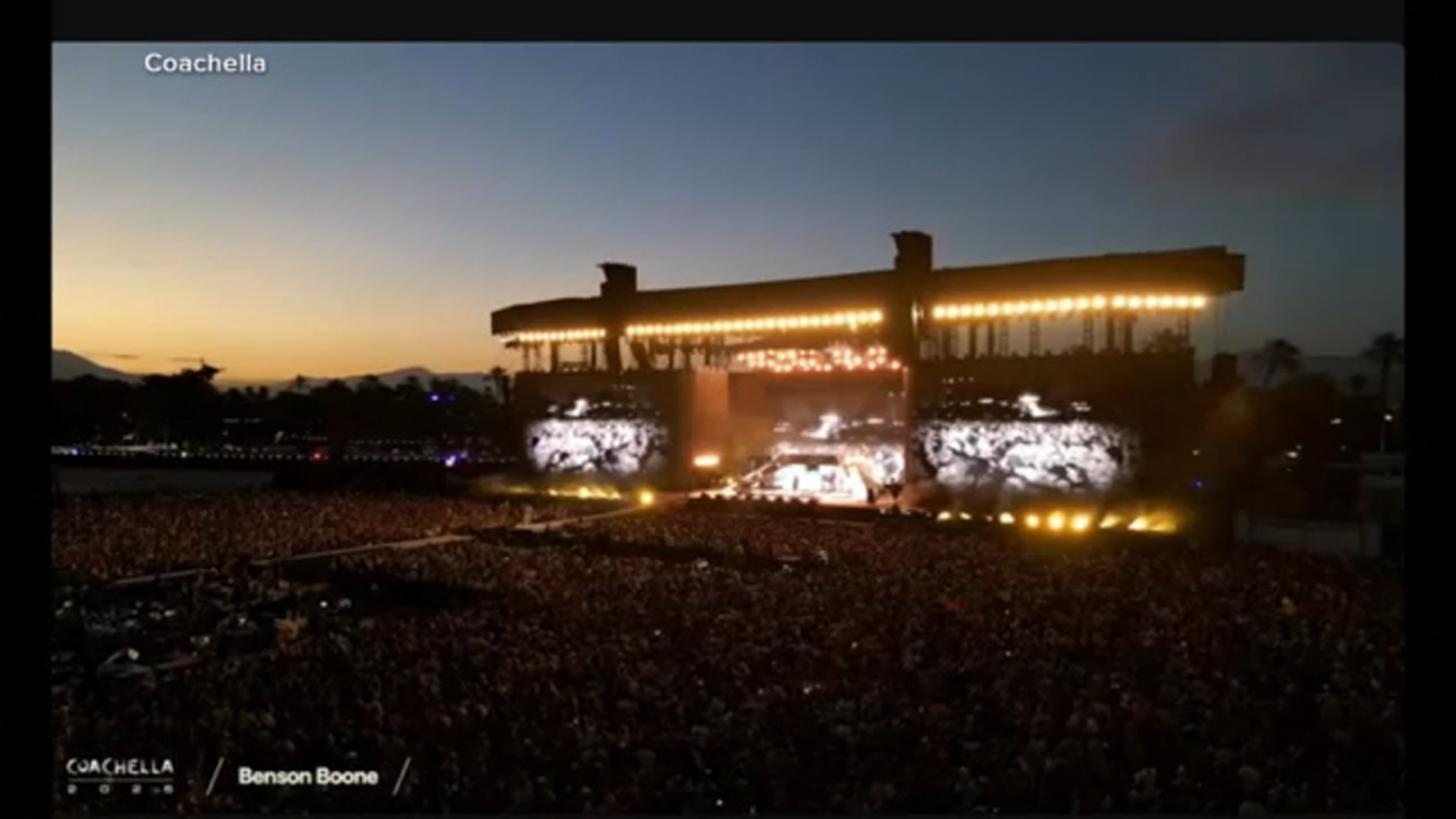'Death spiral': Here's what is at stake for Bay Area public transit amid battle for state funding

SAN FRANCISCO (KGO) -- Local legislators sent out a call to action ahead of a planned rally outside San Francisco City Hall Tuesday afternoon.
There, they will urge the California government to provide desperately needed funds to keep Bay Area public transit agencies afloat.
"It's overwhelmingly low-income folks in the Bay Area, in San Francisco, essential workers, people of color who rely on public transportation every day," said Supervisor Dean Preston.
Preston is one of those leading the charge.
VIDEO: 25% fewer Muni buses possible as SFMTA faces potential $214 million deficit

He says when the pandemic hit three years ago, the number of people taking public transit plummeted.
While ridership has slowly begun climbing again, it's nowhere near pre-COVID levels.
The only reason local agencies have survived was because of money provided by the federal government.
"Well that's all ending, and so now we're looking at where are these funds going to come from until the local cities and counties are able to raise the funds by going to the ballot," Preston said.
RELATED: BART inspector general resigns; calls out agency's leaders for fraud, conflict of interest
Preston says without state help, the consequences could be irreversibly harmful.
"People talk about the dreaded transit death spiral."
That death spiral could include things like no weekend BART services, only hourly weekday service, and even the possibility of entire MUNI bus lines being cut, says State Senator Scott Wiener.
Wiener believes there are both economic and environmental benefits to funding public transit, and is also calling on Sacramento to step in.
VIDEO: What happens if BART funding falls through? Here are the worst-case scenarios

But that's been difficult so far in the state capital, where Gov. Newsom and lawmakers are faced with a projected budget deficit of billions of dollars.
Despite the challenge, though, Weiner believes transit should be one of our top priorities.
"Public transportation is not optional. Particularly in the Bay Area. It's part of our lifeblood and we need to save these systems," said Wiener.
If you're on the ABC7 News app, click here to watch live







